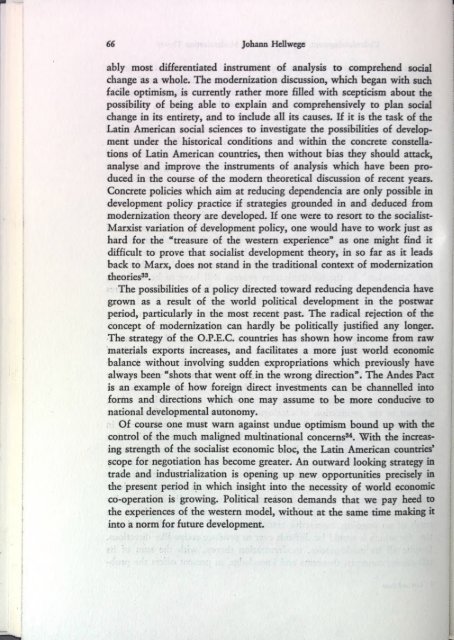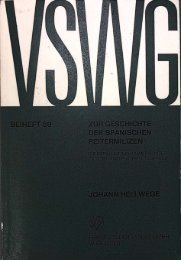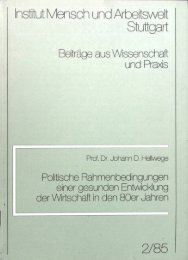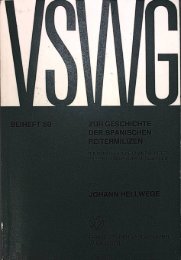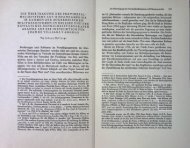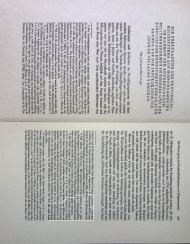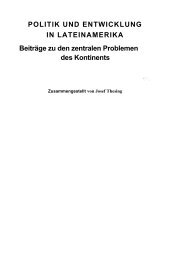9_Law and State_Volume 17
Create successful ePaper yourself
Turn your PDF publications into a flip-book with our unique Google optimized e-Paper software.
66 Johann Hellwege<br />
ably most differentiated instrument of analysis to comprehend social<br />
change as a whole. The modernization discussion, which began with such<br />
facile optimism, is currently rather more filled with scepticism about the<br />
possibility of being able to explain <strong>and</strong> comprehensively to plan social<br />
change in its entirety, <strong>and</strong> to include all its causes. If it is the task of the<br />
Latin American social sciences to investigate the possibilities of development<br />
under the historical conditions <strong>and</strong> within the concrete constellations<br />
of Latin American countries, then without bias they should attack,<br />
analyse <strong>and</strong> improve the instruments of analysis which have been produced<br />
in the course of the modem theoretical discussion of recent years.<br />
Concrete policies which aim at reducing dependencia are only possible in<br />
development policy practice if strategies grounded in <strong>and</strong> deduced from<br />
modernization theory are developed. If one were to resort to the socialist-<br />
Marxist variation of development policy, one would have to work just as<br />
hard for the “treasure of the western experience” as one might find it<br />
difficult to prove that socialist development theory, in so far as it leads<br />
back to Marx, does not st<strong>and</strong> in the traditional context of modernization<br />
theories33.<br />
The possibilities of a policy directed toward reducing dependencia have<br />
grown as a result of the world political development in the postwar<br />
period, particularly in the most recent past. The radical rejection of the<br />
concept of modernization can hardly be politically justified any longer.<br />
The strategy of the O.P.E.C. countries has shown how income from raw<br />
materials exports increases, <strong>and</strong> facilitates a more just world economic<br />
balance without involving sudden expropriations which previously have<br />
always been “shots that went off in the wrong direction”. The Andes Pact<br />
is an example of how foreign direct investments can be channelled into<br />
forms <strong>and</strong> directions which one may assume to be more conducive to<br />
national developmental autonomy.<br />
Of course one must warn against undue optimism bound up with the<br />
control of the much maligned multinational concerns34. With the increasing<br />
strength of the socialist economic bloc, the Latin American countries1<br />
scope for negotiation has become greater. An outward looking strategy in<br />
trade <strong>and</strong> industrialization is opening up new opportunities precisely in<br />
the present period in which insight into the necessity of world economic<br />
co-operation is growing. Political reason dem<strong>and</strong>s that we pay heed to<br />
the experiences of the western model, without at the same time making it<br />
into a norm for future development.


